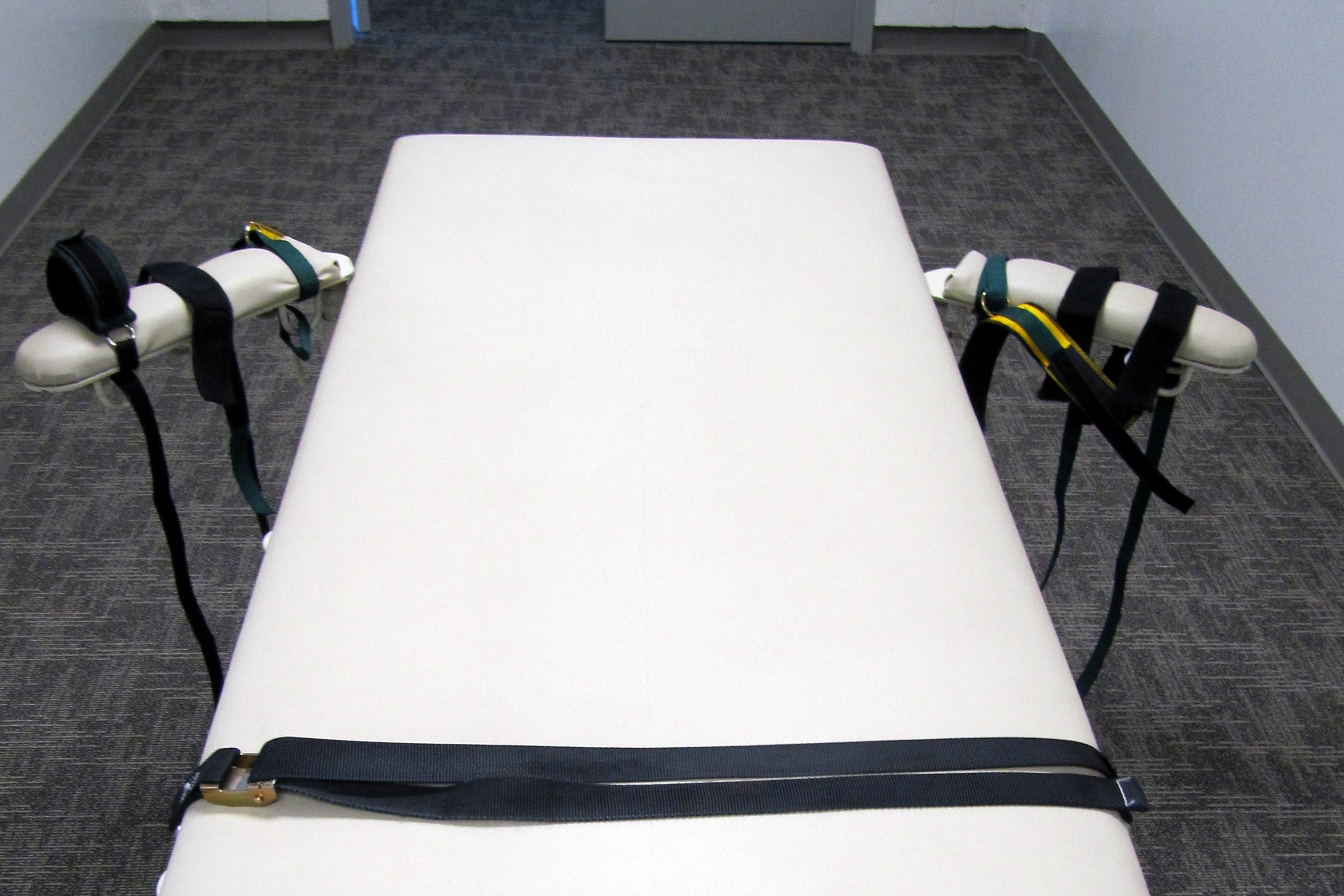Why states are moving away from lethal injection executions
Multiple lethal injection executions have been botched in recent years

Willie James Pye became the first person to be executed by Georgia in four years but some campaigners say that putting the man to death by lethal injection was inhumane and secretive.
Ahead of the execution on Wednesday evening, attorneys for Pye argued that he shouldn’t be executed because of his intellectual disability and the remorse he held for his victim’s family. He was sentenced to death over the 1993 rape, murder and robbery of 21-year-old Alicia Lynn Yarbrough.
Pye was scheduled to be executed at 7pm, but officials announced his time of death as 11.03pm. Attorneys for Pye filed a last-minute appeal for a stay of execution that was unanimously rejected. The appeal might’ve been the reason for the delay.
“This is the death penalty in 2024: an intellectually disabled man executed using unapproved drugs from a secret supplier, with witnesses prevented from seeing the IV insertion, a sheet drawn over the body during the execution to conceal movement and audio cut from the chamber,” Maya Foa, director of Reprieve US, an anti-death penalty organisation, said in a written statement.
“In Georgia, so much is hidden from view that witnesses can’t know how much Pye was brutalised in the process”.
Other states are choosing to step back from lethal injection executions due to the drugs becoming increasingly difficult to find. Additionally, companies that normally supply the drugs are concerned about their names becoming public.

As a result, some states have chosen to shift toward nitrogen hypoxia, a method that was used to put Kenneth Eugene Smith to death in January. Other execution methods, including electrocution and fire squad, are available in other states but not regularly used.
States have used the gas chamber and electric chair when lethal injection drugs can’t be obtained, according to the Death Penalty Information Center. Additionally, several issues have come up when trying to use lethal injection in the past.
Nitrogen hypoxia was a second execution method for Smith after officials failed to establish IV lines in 2022. His was the third consecutively botched lethal injection execution in Alabama.
Also this month, corrections officials in Idaho had to abort an execution attempt for Thomas Creech, citing the same reasons. Still, lethal injection remains the primary method of execution for states and the federal government. In Pye’s case, he was given the sedative pentobarbital and was declared dead within minutes.

Only 27 states currently have the death penalty.
According to the Death Penalty Information Center, a non-profit, states are attempting to cut off debate surrounding lethal injection executions by “concealing their execution practices under a veil of secrecy.”
Some states are not required to disclose their execution practices due to recently passed laws. Such statutes make “it impossible to judge the reliability of the manufacturer or the possible expiration of these drugs,” the non-profit notes on its website.
Bookmark popover
Removed from bookmarks